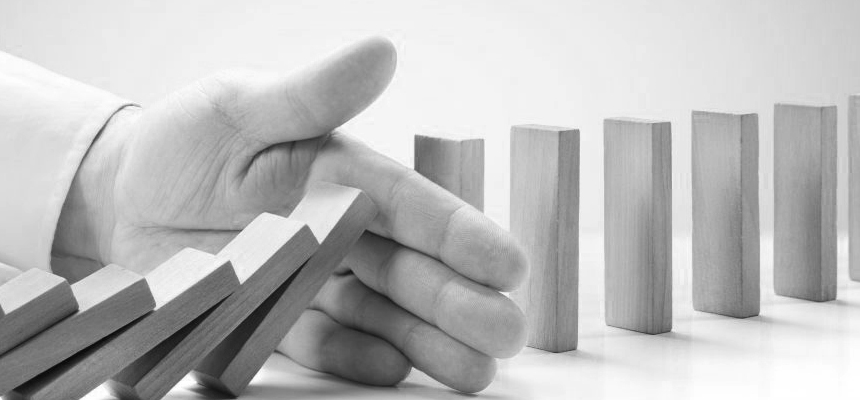Mental Health Coping Strategies During Coronavirus Outbreak

Coronavirus is a public health concern as it has hit many people in India. Moreover, anxiety, nervousness, paranoia, stress and Obsessive Compulsive Disorder (OCD) has struck in. It is overwhelming for some people, and also has invited panic attacks. Here’s a mental-wellbeing advice for your loved ones and you.
Coronaviruses (CoV) belong to a large family of viruses that may cause respiratory illnesses, such as common cold to more severe diseases such as Middle East Respiratory Syndrome (MERS-CoV) and Severe Acute Respiratory Syndrome (SARS-CoV). Earlier this year, a new strain of coronavirus was discovered, which has not been previously identified in human beings, also known as a novel coronavirus (nCov). COVID-19 is a virus that causes respiratory disease and in serious cases it can lead to pneumonia.
Prime Minister Narendra Modi called for a 21-day nationwide lockdown to contain the novel coronavirus. The coronavirus can significantly affect the mental health of people as social distancing and self-isolation are recommended. Since, the government has told to stay at home and only go outside for food or health reasons, staying 6 feet away from people and washing hands properly is essential. This suggests that our social activities will no longer be available to us. That is the time when boredom may strike in, and one may also get bogged down mentally.
This is how coronavirus can take a toll on your mental well-being
Loneliness: It is no brainer that social distancing can help curb the spread of coronavirus. But, do you know that it can lead to loneliness. It can also trigger a depressive episode.
Anxiety: There may be anxiety in people related to coronavirus. They may feel what if someone in the family gets sick? Or what if the spread of coronavirus doesn’t stop?
Obsessive Compulsive Disorder (OCD): During the outbreak of coronavirus, it is easy to get obsessed about the prevention of this disease. One may continuously wash the hands to get rid of the germs/ may continuously clean the house. One may also worry that he/she is dirty.
Being exposed to negative information can lead to paranoia. One may also feel overwhelmed and scared.
Follow these coping- strategies and enhance your mental well-being
Exercising at home can help one de-stress. Furthermore, eat fresh fruits and vegetables, avoid overeating, and stay hydrated. Avoid smoking and alcohol. And get a good night’s sleep.
Keep in touch with your family members and friends over the phone. Also, spend quality time with your family (but don’t forget to maintain 6 feet distance). Also, clean your house from time to time.
Play indoor games, listen to music or read books. Try relaxation techniques like meditation and yoga that can help in stress management.
Don’t distress and keep yourself free from negativity: You must do your best and stop being negative and maintain good hygiene. Follow all the necessary precautions. Do not make any assumptions or jump to any conclusions. Avoid social media if you tend to find it distressing.
Limit your exposure: Only believe the information from reliable sources. Try to limit your exposure to disturbing posts.
Avoid Rumours They can be disturbing as they rob your peace of mind. Rumors can set in panic attacks too. Perhaps decide on a specific time to check in with the news.

 Disclaimer: Welthi.com does not guarantee any specific results as a result of the procedures mentioned here, and the results may vary from person to person.
Disclaimer: Welthi.com does not guarantee any specific results as a result of the procedures mentioned here, and the results may vary from person to person.









